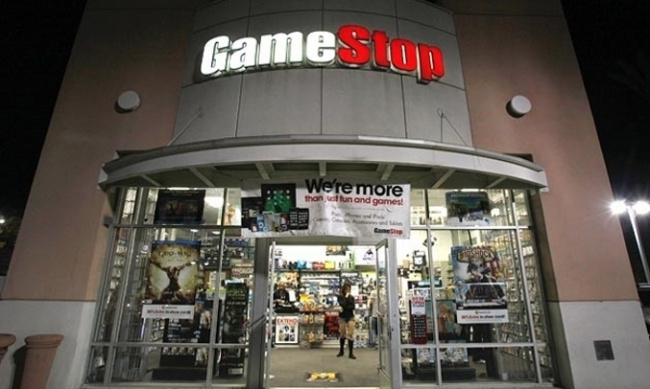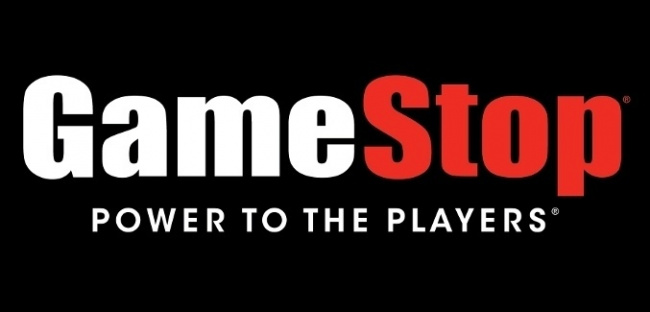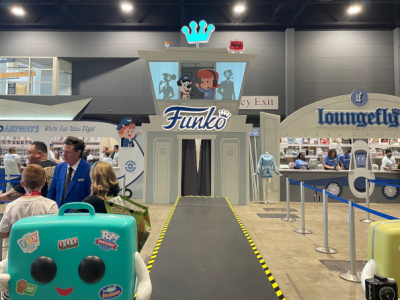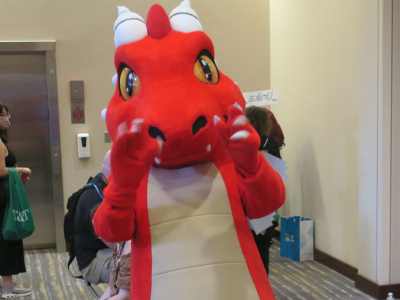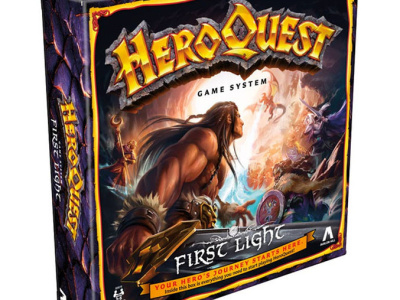In GameStop's fiscal Q3 ended November 2, 2024 report, released Tuesday, collectibles massively outperformed videogame software and hardware after the chain began buying high grade TCG cards through its stores and selling them on the GameStop website in the previous quarter (see “GameStop Buying High Grade Cards”), and offering substantial trading card games, trading cards, and merch (see “Channel Check – GameStop May 2024”).
Overall sales were down 20.2% from the same quarter in the previous year, with videogame hardware sales down 28% and software down 15.4%. Collectible sales were down only 3.7%, from $177.6 million in Q3 2023 to $171.1 million in Q3 2024. This continues the trend from last quarter, when collectibles were down 18% vs. a 31% overall decline (see “Gamestop Sales Crater”). It’s likely that a substantial portion of the declines are attributable to store closings, which will not be disclosed until the fiscal year end.
As was the case last quarter, GameStop lost money on operations ($33.4 million for the quarter, worse than the $14.7 million loss in the year ago quarter), but made money after interest on its meme stock-fueled $4.6 billion cash hoard and taxes were included.
GameStop is doubling down on the graded cards part of its business: it became an authorized PSA dealer in October (see “GameStop Becomes Authorized PSA Dealer”), and invited the CEO of PSA’s parent company to a seat on its board (see “PSA Parent Company CEO Added to Board”).



